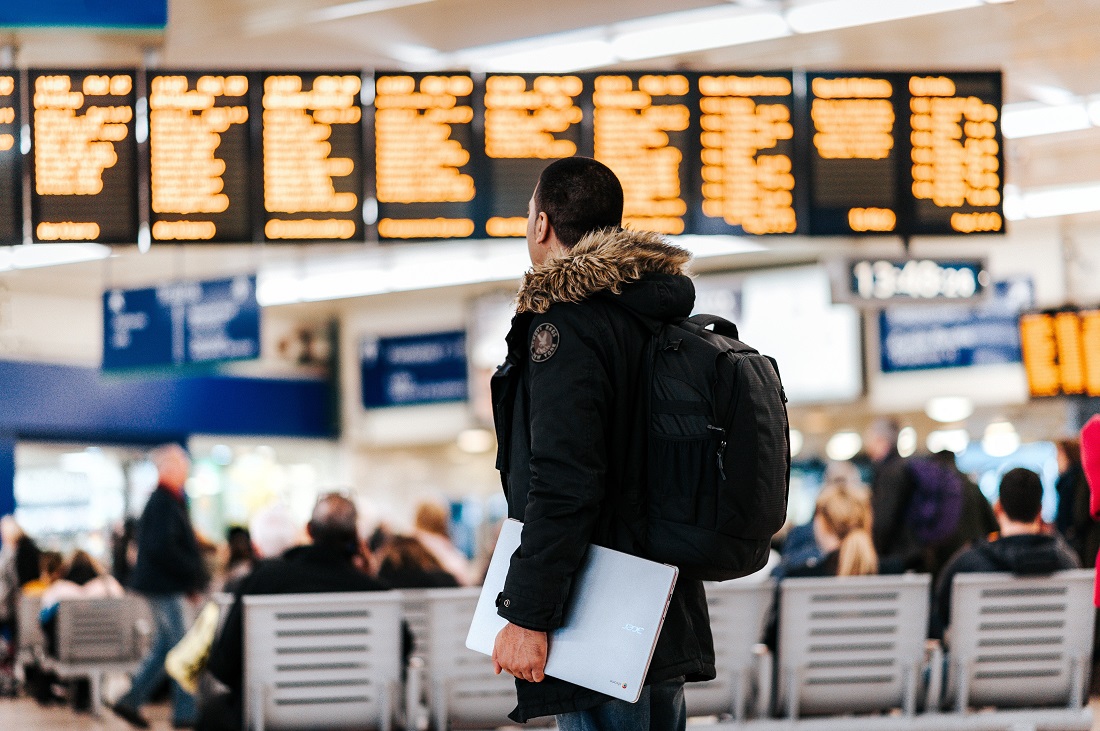UNHCR States that Border Problems are Not at Crisis-Levels, Though Challenges Remain
Over the past few months, it might seem like Canada and the United States are undergoing some kind of refugee crisis. Daily headlines speak of immigrant caravans and all the problems associated with trying to control this tidal wave of irregular refugees. However, Volker Turk, an official with the Office of the United Nations High Commissioner for Refugees, recently stated that both Canada and the United States are exaggerating their border problems.
Numbers Tell the Truth when Compared to International Totals
According to a recent CTV report, there are approximately 68.5 million displaced refugees worldwide. The vast majority of those running from war, religious and political persecution live in undeveloped countries and flee to neighbouring nations. Areas of the Middle East, Africa, and the Mediterranean are inundated with millions of people who need food, shelter, and medical assistance.
Canada documented approximately 18,000 individuals that crossed into the country in 2017 through unauthorized points of entry. Another 32,000 gained entry by applying for refugee status at a port of entry or in their country of origin through an immigration lawyer.
Countries such as Turkey, Pakistan, and Uganda are each hosting well over 1.5 million refugees every year. None of these nations have the economic structure to support that kind of influx. These, say Mr. Turk, are the countries in a crisis.
Maintaining Perspective: Housing and Helping Refugees is Still a Challenge
Even if the numbers of refugees are not significantly impacting Canada’s ability to function, they still present a humanitarian and economic challenge. However, this is not a situation which cannot be addressed with more strategic planning and additional government resources. While the government may have been caught off guard by the surge of refugees, it is well-equipped to prioritize this issue and ensure that the needs of the newcomers are adequately looked after.
For example, the government has been working to hire additional Board Members for the Immigration and Refugee Board of Canada in order to reduce the refugee backlog and to hear more cases. The IRB is also implementing policies such as expediting the refugee claims of individuals from certain countries and re-opening its offices in Ottawa. These measures are in response to the additional demands placed on the system over the past two years.
With its geographical position, bordered by three oceans and the United States, Canada is not likely to ever receive the more serious avalanche of refugees that are encountered in areas such as Uganda and Turkey. While addressing the challenges associated with processing thousands of IRCs, it should not be forgotten that Canada continues to enjoy economic growth as a peaceful democratic nation.
For those seeking to start a new life in Canada, they may face additional challenges without an immigration lawyer as the Immigration and Refugee Board continues to its work and aims to minimize the negative rhetoric by fully enforcing the nation’s rules and regulations.
Share this article
Arghavan Gerami
Arghavan Gerami is the Founder and Senior Counsel at Gerami Law Professional Corporation ('PC'), a full-service immigration law firm in Ottawa, Ontario. Since 2011, Ms. Gerami has focused her practice on immigration and refugee litigation. Prior to that, Ms. Gerami worked at the Ministry of Attorney General and the Department of Justice and had the privilege of serving the Honourable Mr. Justice M. Evans at the Federal Court of Appeal on immigration and administrative law appeals. Ms. Gerami contributes to the Immigration Law Section of the Canadian Bar Association, the Canadian Association of Refugee Lawyers, and the United Nations High Commissioner for Refugees. Ms. Gerami has also published numerous journal articles and presented at various immigration and refugee law conferences and events across Canada.

